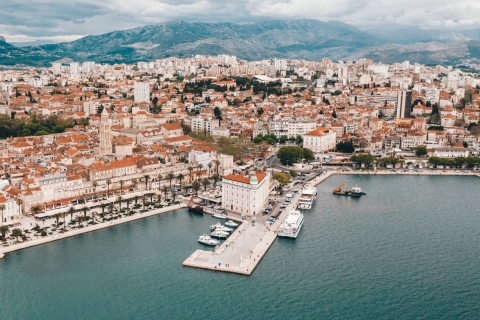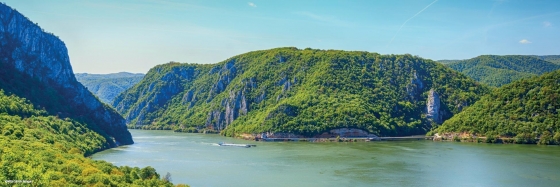Vrboska, Croatia - Weather and Climate
Vrboska, Hvar Island, Croatia experiences significant temperature shifts throughout the year.
The city's weather can transition from warm
to mild periods.
It is also known for its heavy rainfall.
Now, let’s explore all the climate details to give you a complete picture.
Average maximum day and minimum night temperature
The climate in Vrboska is known for significant temperature differences throughout the year, making the weather dynamic. Typically, average maximum daytime temperatures range from a comfortable 27°C in August to a moderate 12°C in the coolest month, February.
Nights are cooler, with lows often dropping to around 8°C during the colder months.Check out our detailed temperature page for more information.
Temperature ranges by month
Precipitation and rainy days
Vrboska has a notably wet climate with abundant precipitation, recording 1115 mm of rainfall per year. The climate in Vrboska shows significant variation throughout the year. Expect heavy rainfall in November, with an average of 201 mm of precipitation over 13 rainy days.
In contrast, July offers drier and sunnier days, with around 16 mm of rainfall over 8 rainy days. For more details, please visit our Vrboska Precipitation page.The mean monthly precipitation over the year, including rain, hail and snow
Sunshine over the year
For those who appreciate different seasons, Vrboska serves as an ideal destination. Expect longer, more sun-filled days in July with an average of 11.7 hours of sunshine daily, and embrace the darker days in January, offering only 4.4 hours of daily sunlight.
Visit our detailed sunshine hours page for more information.
Monthly hours of sunshine
Daily hours of sunshine
Forecast for Vrboska



Select a Month of Interest
Check the conditions for any month of the year.
The best time of year to visit Vrboska in Croatia
During the months of May, June, September and October you are most likely to experience good weather with pleasant average temperatures that fall between 20°C and 26°C.Other facts from our historical weather data:
Most rainfall (rainy season) is seen in November and December.
August has an average maximum temperature of 27°C and is the warmest month of the year.
The coldest month is February with an average maximum temperature of 12°C.
November tops the wettest month list with 201 mm of rainfall.
July is the driest month with 16 mm of precipitation.
July is the sunniest month with an average of 350 hours of sunshine.
No idea where to travel to this year? We have a tool that recommends destinations based on your ideal conditions. Find out where to go with our weather planner.



